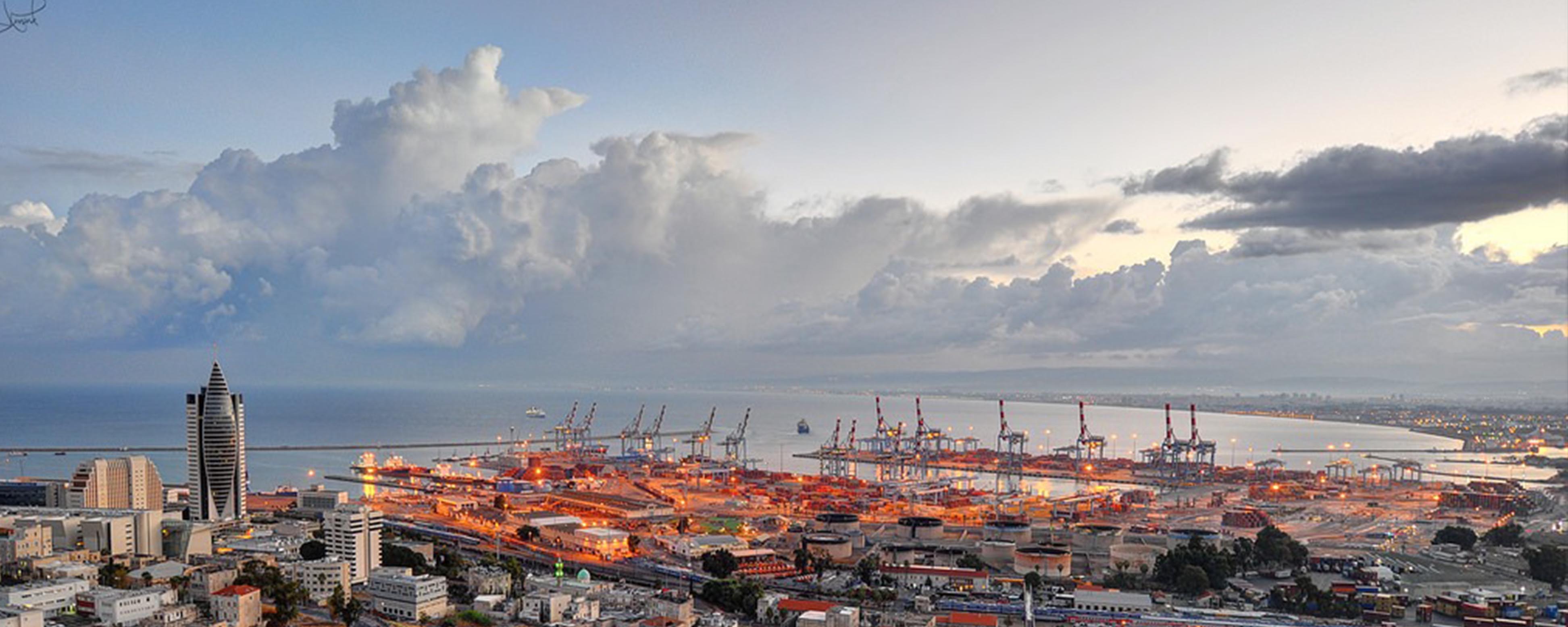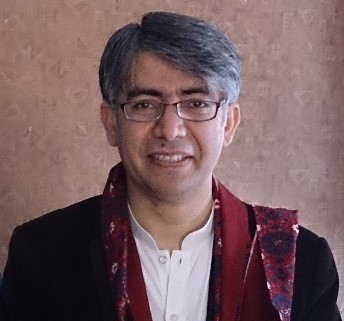
- 21 Feb 2019
[Arabia Asia] Infrastructure, Representation, and the Limits of Sovereignty: The Changing Face of China-Pakistan Economic Corridor
[This event was organised by MEI’s Arabia Asia Research Cluster as part of their monthly internal seminar series.]
This event was open to the NUS community only but members of the public could email a request to meievent@nus.edu.sg if they were interested in attending.
Abstract
In 2013, Pakistan handed over the operation of Gwadar Port to a Chinese port operator and, two years later, the leaders of the two countries formally signed a set of MoUs outlining the contours of the China-Pakistan Economic Corridor (CPEC), a joint economic initiative involving Chinese investment of USD 62 Billion in Pakistan over the next 15 years. Hailed as a ‘game-changer’ by the Pakistani media and the government, and a menacing threat by Pakistan and Beijing’s rivals, CPEC represented infrastructure’s promise to transform geography, of re-building the nation and the region/world, to its (proponents and detractors). However, merely three years down the road, it appears that both sides are re-thinking their original assumptions and toning down their expectations from this large-scale investment. Moreover, Pakistan is not the only country that is taking a hard look at the terms of its economic cooperation with Beijing under CPEC, a venture which forms part of China’s ambitious Belt and Road Initiative.
In this talk, I try to make sense of the changing expectations from CPEC by the officials and publics in the two countries based on observations from the field. I argue that in the process of negotiating and implementing infrastructure projects under CPEC, officials from both sides learned the limits of economic cooperation and their (in)ability to change the terms of this cooperation. I frame this learning in terms of the tension between different sovereignties of Chinese capital.
About the Speakers

School of Arts, Humanities,
and Social Sciences
Habib University,
Karachi
Hafeez Jamali holds an MPA in Public Administration from the University of Victoria, Canada, and a Ph.D. in Social Anthropology from the University of Texas at Austin. He is currently serving as Additional Secretary (CPEC and Federal Projects) in the Government of Balochistan. He has previously taught as an Assistant Professor in the School of Arts, Sciences, and Humanities at Habib University, Pakistan and led the Interdisciplinary Development Research Center (IDRAC) at HU. His research focuses on the anthropology of globalization and development, the history of Indian Ocean Trade, and the politics of identity and place in Balochistan (Pakistan). His doctoral research examines how Pakistani government’s investment in mega development projects such as transnational gas pipelines and commercial ports has affected the lives and transformed the political attitudes of local Baloch people.




